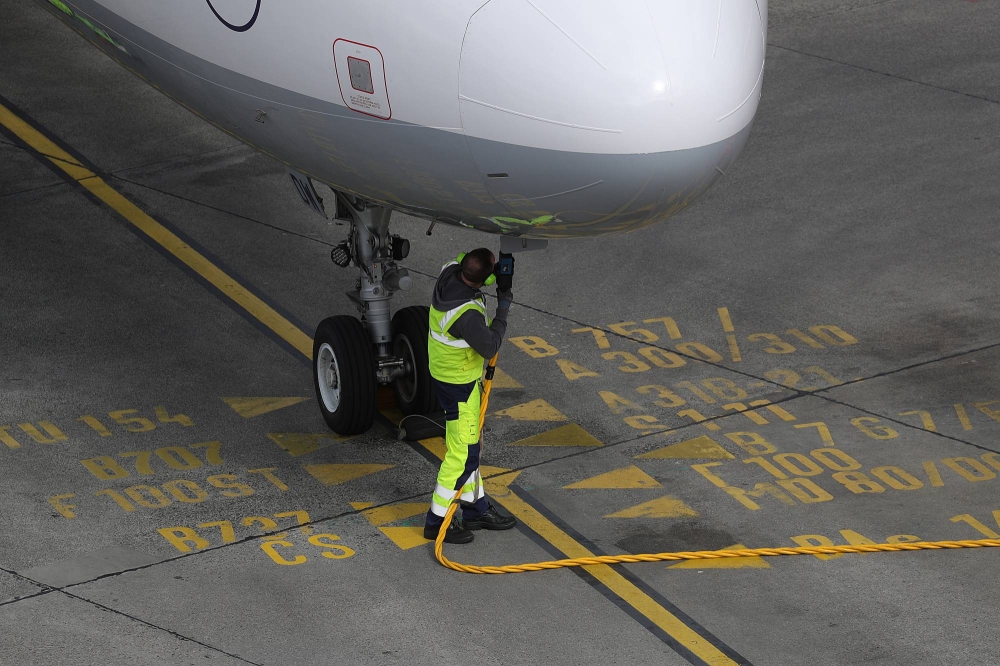A jet fuel shortage has led airlines flying in and out of Japan to demand an increase in supply from the country’s biggest oil refiner.
Eneos Holdings has been fielding calls from carriers and is working with the government to ease the problem, a spokesperson said via phone. Factors such as labor shortages at airports and logistical bottlenecks all contribute to the fuel not reaching destinations, she added.
A weak yen has made Japan an attractive destination for holidaymakers, with record numbers of tourists from markets with stronger currencies flocking to the country, putting pressure on related sectors like hotels and restaurants.
International travel is expected to boost global jet fuel consumption this year, according to data compiled by BloombergNEF, with flights from Asia climbing by 23% from the previous year. The surge in demand for aviation fuel poses a challenge to refiners across the region, many of whom are reluctant to increase overall processing rates due to falling profits from other fuels such as diesel and gasoline.
Some overseas airlines scrapped plans to add or increase services to Japanese airports due to the uncertain jet fuel supply, Trade Minister Ken Saito acknowledged on Tuesday. He said that while Japan has been able to secure the volumes it needs, there are issues surrounding domestic tankers and refueling at airports.
Korean Air Lines and low-cost carrier T’way Air looked to add services to Obihiro airport in Hokkaido between July and August, but reconsidered those plans in May, local broadcaster NHK reported on June 4. The decision was due to stricter overtime work regulations that came into effect in Japan from April, leading to a shortage of seafarers tasked with delivering jet fuel, according to the report.

